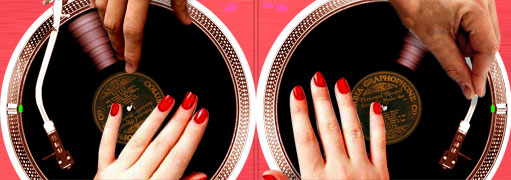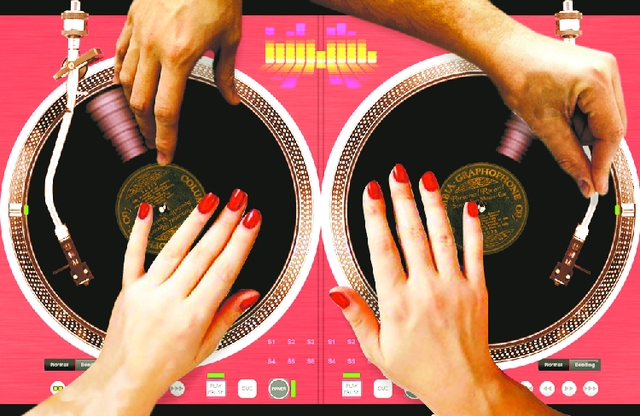Burqueñas Talk Musical Misogyny


Jeff Drew jeffdrewpictures.com
Latest Article|September 3, 2020|Free
::Making Grown Men Cry Since 1992


Jeff Drew jeffdrewpictures.com